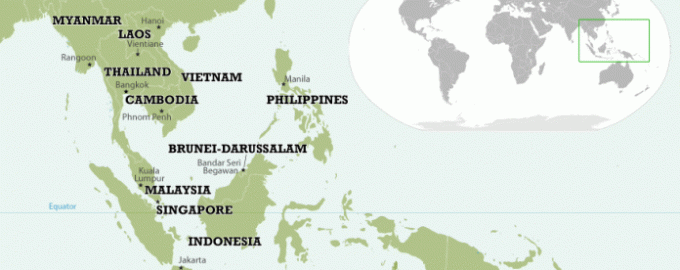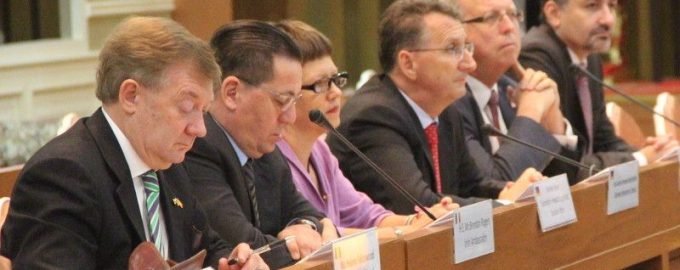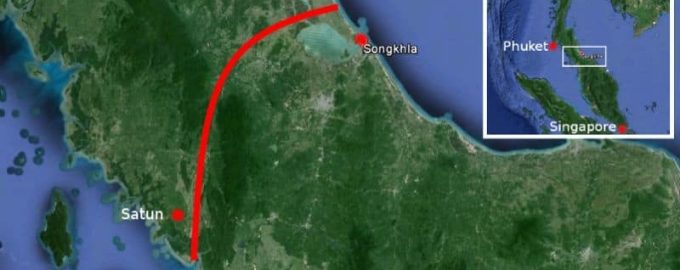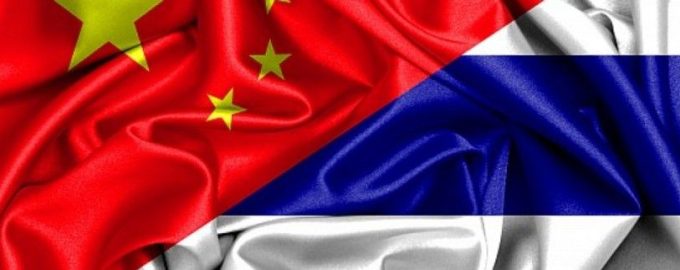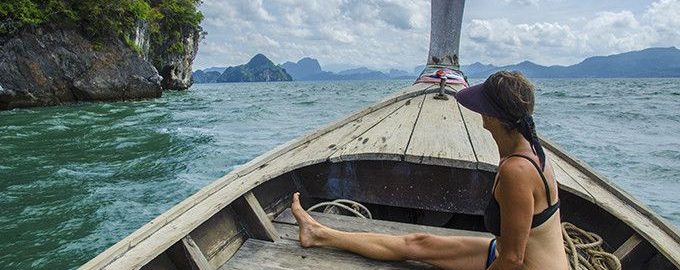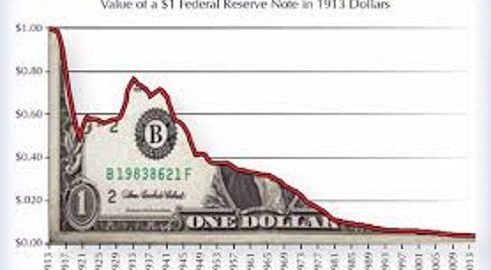The Thai Government’s push to drive up property sales by making mortgages more accessible to millions of people through transfer and mortgage registration relief has made headlines for months.
Customers seek home loan details from officials of the Government Housing Bank. The bank has offered cheap rate loan under the government’s property stimulus package. Photo: Bangkok Post / Phrakrit Juntawong
However, scores of people have yet to fully understand what the rule changes are, and what the changes mean to them. (See story here.)
The first factor to keep in mind is that the changes so far are only a temporary reduction of Thai real estate transfer and mortgage registration fees, effective October 29, 2015 to April 28, 2016.
Here, the rest of this article aims to explain in simple terms what the changes are:
The relevant details of the three regulations providing for the fee reductions are as follows:
Part 1. UNREGULATED LAND AND BUILDINGS
Law: Ministry of Interior Regulation Regarding Registration Fee under the Land Code for Housing (published in the Royal Gazette on October 28, 2015)
To boost the sale and purchase of immovable property in Thailand, the Cabinet on October 13, 2015 resolved to set the registration fee under the Land Code for the transfer and mortgage of housing property as follows:
Clause 1: Registration fee for the transfer of residential: detached house; twin house; row house, and commercial building, and any of these buildings with land where the building is located and such land is NOT under Land Allocation Act or under any development by the government, and mortgage of the said transferred property, would be at the rate of 0.01%.
Clause 2: This regulation is effective from October 29, 2015 to April 28, 2016.
Note: 0.01% applies to:
– Transfer of any of these buildings;
– Transfer of any of these buildings + land that is not under Land Allocation Act or government’s land development;
– Mortgage of any of the above (if for example Mr A receives a house by gift or inheritance then he mortgages said house, he will not get this reduced rate);
– Not applicable to raw land (that is not in the licensed development);
– Not applicable to land that is not the location of the building even though such extra land is transferred (and mortgaged) at the same time as the house + land.
Part 2. LAND AND BUILDINGS WITHIN A LICENSED DEVELOPMENT
Law: Ministry of Interior Regulation Regarding Registration Fee under the Land Code for Immovable Property Licensed under the Land Allocation Act (published in the Royal Gazette on October 28, 2015)
To boost the sale and purchase of immovable property in Thailand, the Cabinet on October 13, 2015 resolved to set the registration fee under the Land Code for the transfer and mortgage of immovable property that is in licensed development under the Land Allocation Act as follows:
Clause 1: Registration fee for the transfer of land, land and residential building: detached house; twin house; row house, and commercial building, under Land Allocation Act or under any development by the government, and mortgage of the said transferred property, would be at the rate of 0.01%.
Clause 2: This regulation is effective from October 29, 2015 to April 28, 2016.
Note: 0.01% applies to:
– Transfer of land only, or land and any of these buildings in the licensed development project or the government’s development project;
– Mortgage of any of the above (if for example Mr A receives a developed raw land by gift or inheritance then he mortgages the land, he will not get this reduced rate);
– both first hand and resale.
Part 3. CONDOMINIUMS
Law: Ministry of Interior Regulation Regarding Registration Fee under the Condominium Act (published in the Royal Gazette on October 28, 2015)
To boost the sale and purchase of immovable property in Thailand, the Cabinet on October 13, 2015 resolved to set the registration fee under the Land Code for the transfer and mortgage of condominium unit(s) under the Condominium Act as follows:
Clause 1: Registration fee for the transfer of the following condominium unit under the Condominium Act and mortgage of such transferred unit, would be at the rate of 0.01%:
(1) Transfer, and mortgage of all units at once in any licensed condominium under the Condominium Act;
(2) Transfer, and mortgage of any condominium unit in any licensed condominium under the Condominium Act.
Clause 2: This regulation is effective from October 29, 2015 to April 28, 2016.
Note: 0.01% applies to:
– Transfer of the whole condominium building or individual unit;
– Mortgage of the above (if for example Mr A receives a condominium unit by gift or inheritance then he mortgages the condo, he will not get this reduced rate);
– both first hand and resale.
Find your dream home

